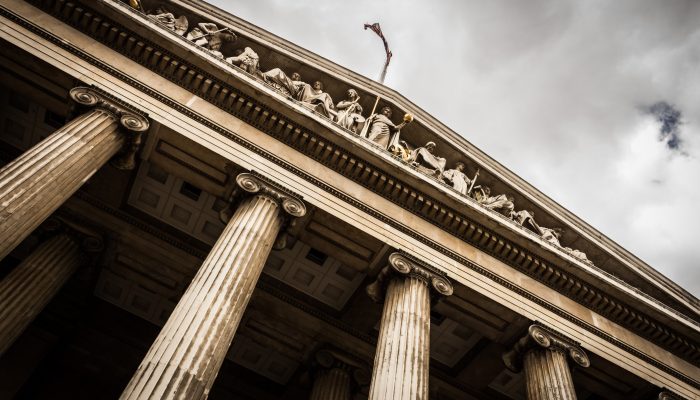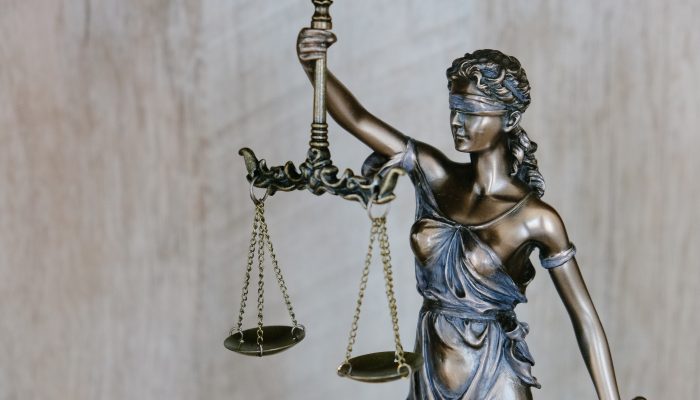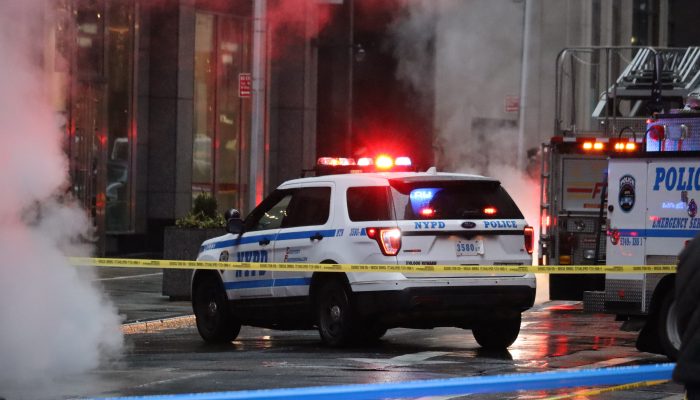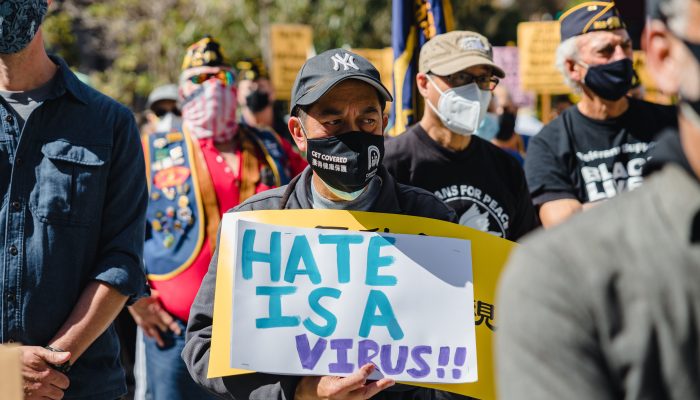South Dakota lawmakers talked of home invasions and mass shootings when they strengthened self-defense protections in recent years, but the new laws are being used in scenarios that bear little resemblance to those hypotheticals.
Some situations don’t involve firearms, as with the Rapid City man accused of simple assault for taking down a 12-year-old boy on a playground, or the Mobridge man who’d been rude to a female server and knocked out the bar owner who confronted him about it. In both instances, the defendants claimed self-defense and exercised their right to an “immunity hearing” — a new kind of proceeding, created by the updated “stand your ground” laws, that allows those making self-defense claims to ask a judge to drop the charges before a trial commences.
Continue reading “‘Stand your ground’ law alters criminal justice landscape”










